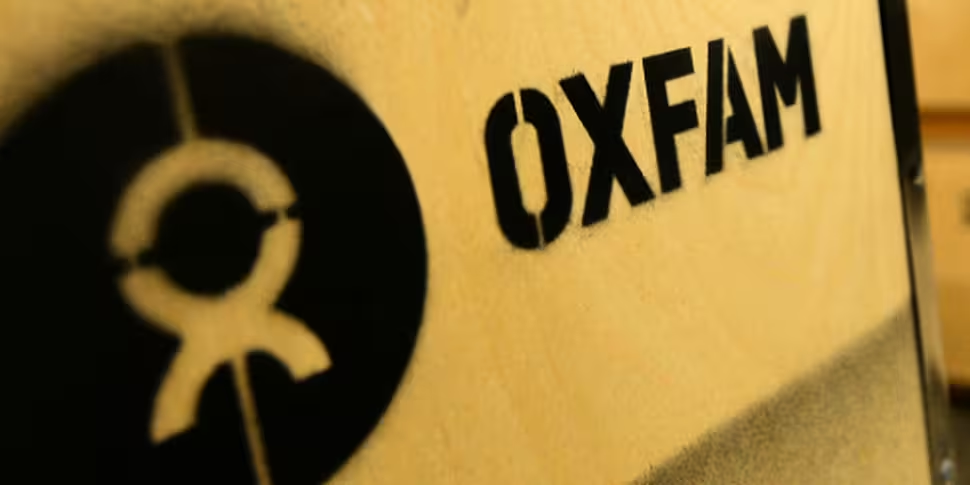Ireland has been singled out as one of the world’s worst corporate tax havens by a new global study.
The ‘Tax Battles’ research, undertaken by international charity organisation Oxfam, puts Ireland sixth in a list of 15 countries that are, “helping big business to cheat countries and their citizens out of billions of euro in tax every year.”
Bermuda tops the list of 15 countries followed by the Cayman Islands and the Netherlands. Ireland came in at sixth place ahead of Switzerland and Singapore in fourth and fifth.
Oxfam Ireland CEO Jim Clarken said Ireland is part of a “toxic global tax system” that benefits the, “very wealthiest while ordinary people pay the price and lose out on essential public services.”
“Around the world we are known as a country of good fun, bad weather and awful tax policies that facilitate worsening inequality by allowing some of the world’s richest companies to avoid paying their fair share to society,” he said. “This is no badge of honour.”
The charity said countries earned a place on the list through the adoption of tax policies that minimise the tax bills of large multinationals.
According to the study, Ireland’s position on the list was based on a lack of effective rules to prevent corporate tax dodging.
It accused the Irish tax system of facilitating large-scale corporate tax avoidance through profit-shifting, aggressive tax planning structures and so-called sweetheart deals - with the tax arrangements enjoyed by tech-giant Apple cited as an example of the unfairness of the system.
“Ireland has been involved in harmful tax competition in terms of loopholes and tax deals for many years, e.g. allowing Apple to pay just 0.005% at one point,” reads the report.
It likened the country to, “the friend who tries to hard” arguing that the country is already attractive enough to multi-nationals without the need to allow companies pay, “less than their fair share” of tax.
“Not only do we turn a blind eye, we put out the red carpet for those companies that get away with large-scale tax avoidance through profit-shifting and sweetheart deals,” said Mr Clarken.
“From a national, European and international perspective, the game is up. Citizens everywhere have had enough.
“We need to get serious about making companies pay the tax that’s due and we need transparency about where and how profits are made and where and how they are taxed. We collect more detailed data about farm animals in this country than we do about the tax affairs of multinationals.”
Mr Clarken said the country is “paying lip service” to the idea of toughening up on corporate tax rules while actually blocking potential reforms.
He said changing Irish tax rules could enhance Ireland’s international reputation while ensuring the exchequer has sufficient funds to spend on health and education.
The charity said tax dodging by multinational corporations at least €92bn per year - enough money to fund healthcare that could prevent the deaths of, “at least six million children every year.”
It said it is “absolutely critical” that the world establishes a clear list of the worst tax havens based on objective criteria, and free from political interference.
Mr Clarken said the list should be provided by the UN or another independent body.
“Governments are falling over themselves to ensure corporations pay as little tax as they wish – and starving their countries of the money needed for education, healthcare and job creation in the process,” he said.
“They must ensure companies pay a fair amount of corporation tax, otherwise their citizens will continue to pay the price.”
In a statement, the department of Finance rejected the Oxfam findings and argued that the corporate tax rate and incentives on offer in Ireland do not make the country a haven.
“Ireland does not meet any of the international standards for being considered a tax haven,” it said. “Ireland is fully compliant with all international best practices in the areas of tax transparency and exchange of information.”









